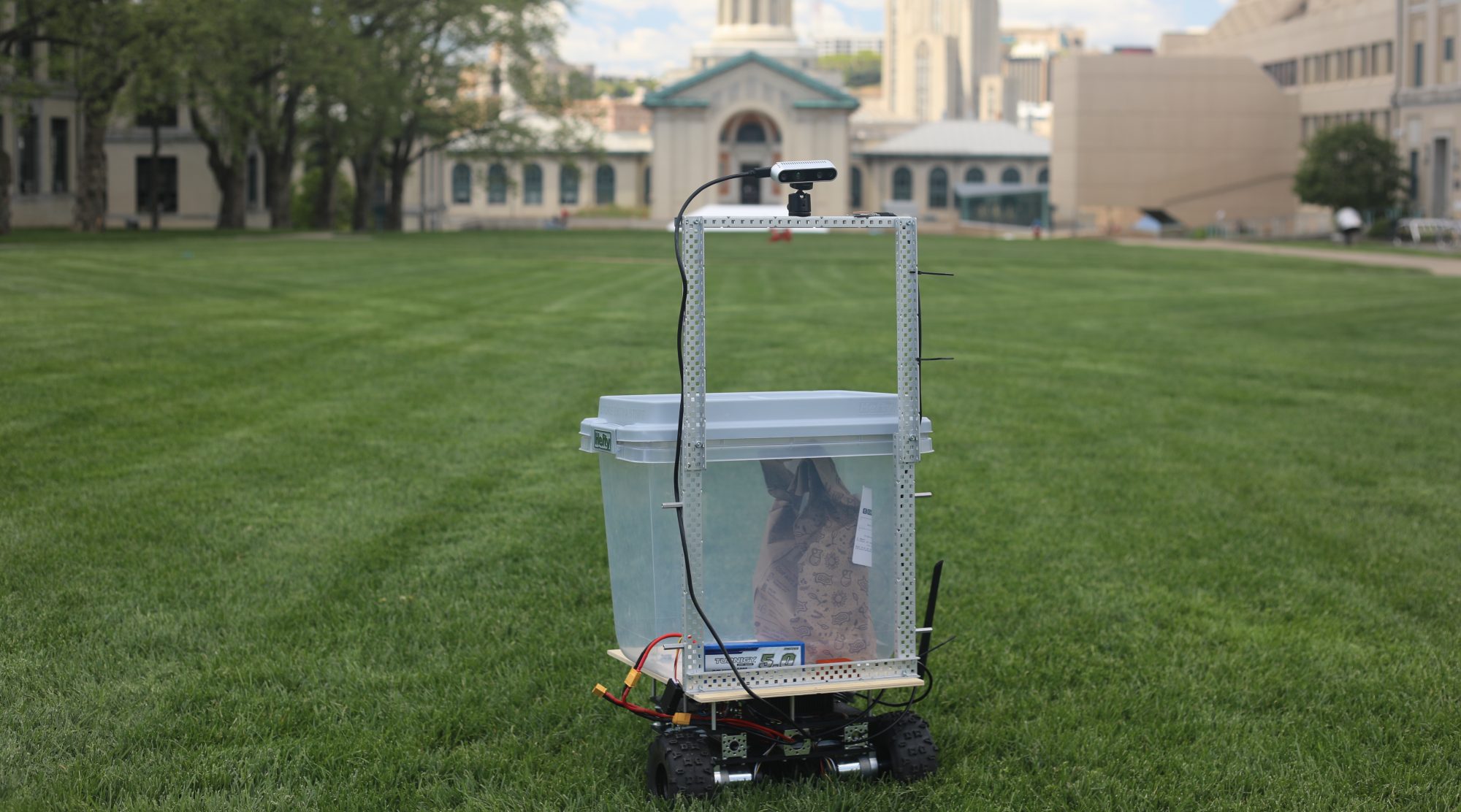- Accomplishments for the week:
- This week, I finished up the global planner implementation and tested it.
- The global planner batches orders to plan for the robot’s waypoints, and can take in orders online.
- I tested it by writing a “simulated” robot ROS node that takes waypoints and sends back location updates to make sure that the global planner node works. It just instantaneously teleports to the waypoint, essentially.
- I plan to make the robot a bit more rigorous by having it simulate “driving” to the waypoint with ROS::Duration::sleep.
- The global planner might be done, but there’s a lot of things I can do to make it more robust.
- I know how to make it give a better route by returning the minimum route across every searched path, but that may drastically increase the runtime as it must search ALL paths and not just return the first one.
- I feel like this is optimal, and I thought about proving it by inducting on the list of orders somehow, but it seems pretty hard to prove that this is optimal.
- I discovered some dynamic programming potential here, by memoizing a hash of the robot state to take advantage of any repeated searches (however, I have to write a hash function for the robot state first haha).
- I know how to make it give a better route by returning the minimum route across every searched path, but that may drastically increase the runtime as it must search ALL paths and not just return the first one.
- Worked on design presentation and helped with parts ordering
- This week, I finished up the global planner implementation and tested it.
- Progress:
- I am currently on-schedule with my tasks.
- Next week’s deliverables:
- Next week, I want to write some more rigorous tests and make it an optimization problem by minimizing the overall distance + make it DP.

Carnegie Mellon ECE Capstone, Spring 2021 | Michael Li, Sebastian Montiel, Advaith Sethuraman